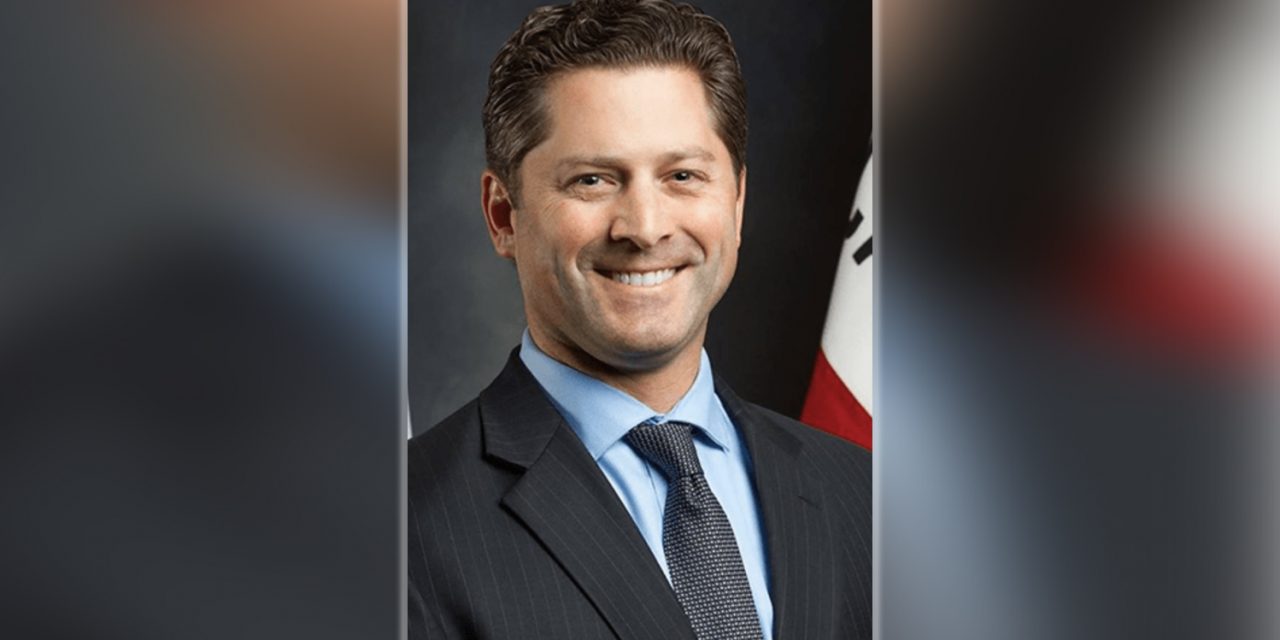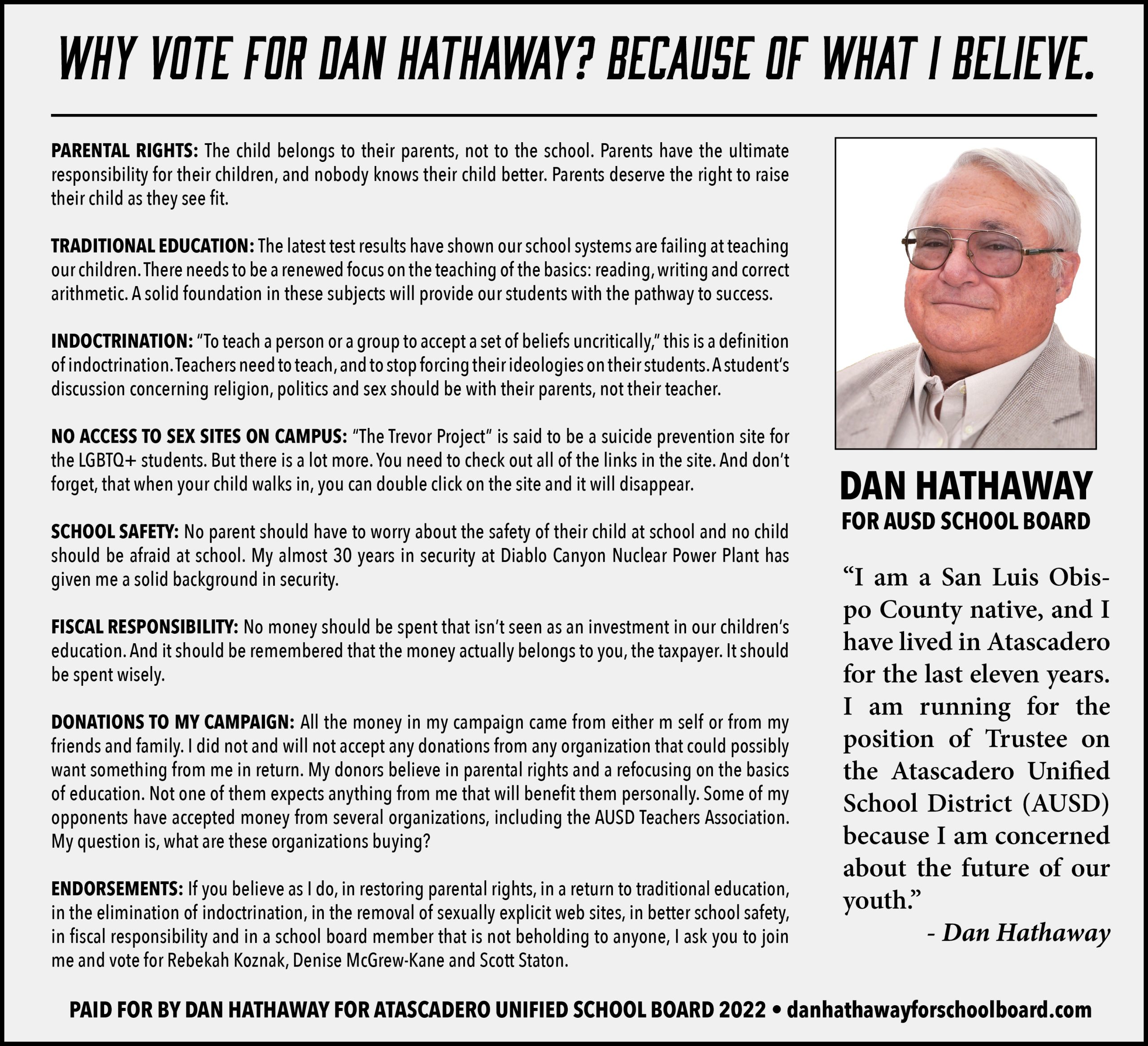SACRAMENTO — On May 10 Assemblyman Jordan Cunningham (R-San Luis Obispo) announced that the Anti-Eavesdropping Act (AB 1262) passed the State Assembly.
The bill, if signed into law, would prohibit smart speaker manufacturers from retaining, distributing, or selling identifiable voice recordings or transcriptions without first obtaining the user’s consent.
“For years, tech giants have given us a false choice: live in a smart and interconnected home, or keep your conversations private. We can and should have both,” said Cunningham. “I am grateful to my colleagues for supporting the Anti-Eavesdropping Act. We must continue to pursue common-sense protections that safeguard our privacy in the home.”
Smart speakers eavesdropping, recording, and retaining information collected in the home has been a documented issue for a number of years. In 2018, one Portland, Oregon, family was shocked when a smart speaker device recorded parts of a private conversation and sent audio recordings to a work colleague. In 2019, a Washington Post tech columnist said that the amount of data collected in the home by smart speakers and other smart home devices would “make the East German secret police blush.” A 2019 report by Bloomberg found that Amazon had a team of thousands of employees around the world listening, transcribing, and annotating audio recordings made via the Amazon Echo device.
The Anti-Eavesdropping Act, co-authored by Assemblymember Buffy Wicks (D-Oakland), had bipartisan support in the Assembly. The bill will now move to the Senate for consideration.
Assemblyman Jordan Cunningham is a small business owner; former school board member and prosecutor, husband and father of four. He proudly represents all of San Luis Obispo County and a portion of Santa Barbara County, including Arroyo Grande, Atascadero, Cambria, Paso Robles, Grover Beach, Guadalupe, Lompoc, Los Osos, Morro Bay, Nipomo, Orcutt, Pismo Beach, Templeton, San Luis Obispo, and Santa Maria, and surrounding communities
















